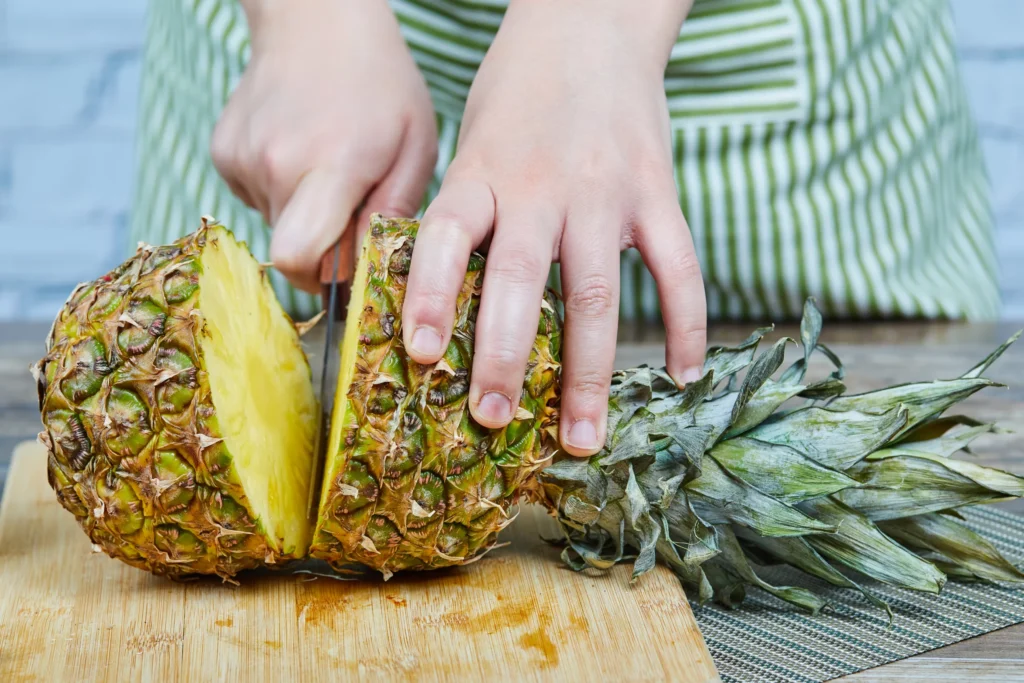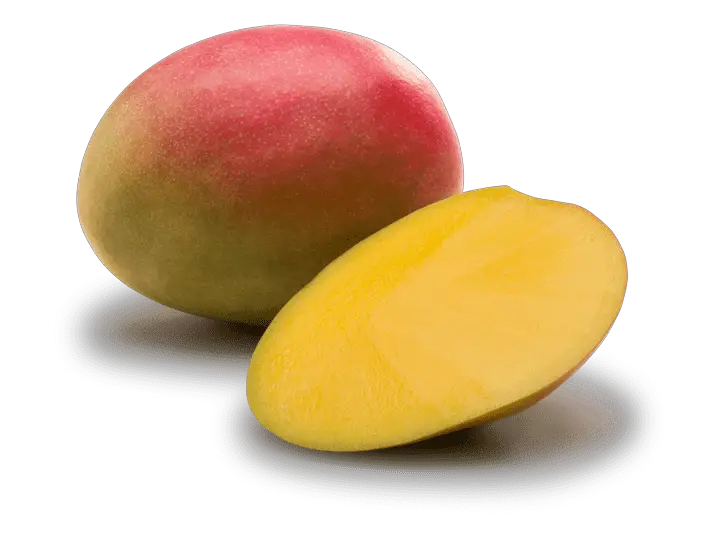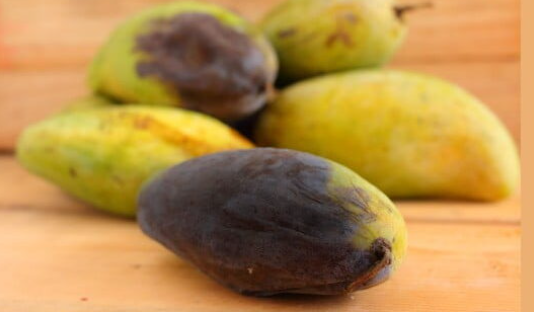When you get a cut or injury, your skin heals and sometimes leaves a scar behind. Some people don’t like to see these scars because they remind them of the injury. If you want to make your scars less noticeable, you might look for treatments that can help. Coconut oil is one natural option that has become popular for this purpose. This article will tell you more about coconut oil and how you might use it to help with scars.
There are many things you can try to make scars look better. Coconut oil is one of these options, and lots of people talk about it as a natural remedy. We’ll take a close look at if coconut oil really works for scars and share tips on the best ways to use it.
Coconut oil comes from the flesh of mature coconuts. It is mostly made of saturated fat, with many of those fats being a kind called medium-chain fatty acids (MCFAs). Research shows that MCFAs can be good for your health, like giving you more energy or helping your brain work better.
The oil from coconuts has things like antioxidants and stuff to fight swelling, which could help your skin stay healthy. The exact things in coconut oil can change depending on what coconuts are used and how the oil is made. Overall, people think of it as full of good nutrients that might have lots of benefits for your health.
Table of Contents
- Does Coconut Oil Really Help with Scars?
- How Can Coconut Oil Help Remove Scars?
- How to Use Coconut Oil to Help with Scars
- Other Ways to Deal with Scars Naturally
- Common Questions About Scar Treatment
- Can coconut oil completely remove scars?
- How long does it take for coconut oil to work on scars?
- Is there any scientific evidence to support the use of coconut oil for scar removal?
- Are there any side effects of using coconut oil on scars?
- Can coconut oil be used on all types of scars?
- How often should I apply coconut oil to my scars?
- Can I use coconut in oil on scars on my face?
- Can other natural remedies be used in combination with coconut oil for scar removal?
- How long should I continue to use coconut oil on my scars?
- Will coconut oil work on scars that are several years old?
- Wrapping Up
Does Coconut Oil Really Help with Scars?
Coconut oil might be able to make scars on your body look better, but it depends on what kind of scar you have and how deep or old it is. By making your skin soft and supple, coconut oil could make scars less visible over time.
If you use it the right way, you could see a change in both new and older scars. Coconut oil is also all-natural, meaning it doesn’t have harsh chemicals that could cause bad reactions on your skin. This is why some people prefer using it instead of other treatments with chemicals that might not be as safe.
How Can Coconut Oil Help Remove Scars?
Coconut oil could be a helpful option for dealing with scars because it has things in it that can support healing.
One reason is that it has lots of fatty acids, like lauric acid, which can reduce swelling and help fight off germs. This means coconut oil can be good for keeping the area around your scar clean and calm during healing.
The oil is also full of vitamin E, an antioxidant that is great for skin health. It can help your skin fix itself better and stay stretchy, which might help scars look better. When you put coconut oil on your skin, it keeps it moisturized and smooth, which can make scars harder to see. Plus, it might boost blood flow to the area where your scar is, encouraging new, healthy skin to grow.
How to Use Coconut Oil to Help with Scars
It’s actually pretty simple to use coconut oil for scars. Here’s what you might do:
- Pick the Right Coconut Oil: Find a good organic, unrefined type of coconut oil without any extra stuff in it.
- Clean the Area: Wash the scar well with soap and water before you put on the oil.
- Put on the Coconut Oil: Warm a bit of the oil between your hands and rub it onto the scar so it’s fully covered.
- Let the Oil Work Overnight: Keep the oil on while you sleep, and cover it with a bandage to stop it from getting on your bed or clothes.
- Do It Every Day: Apply coconut oil to your scar every single day, doing this for weeks or months will give the best chance of seeing a change.
Stick with this routine and you might start to see your scars fade after a few weeks.
Other Ways to Deal with Scars Naturally
There are other things you can try besides coconut oil if you want to use natural remedies for scars:
- Aloe Vera: This plant is well-known for helping heal skin. It’s packed with stuff that’s good for your skin like enzymes and vitamins. Applying aloe vera gel to scars can calm your skin and help with the healing, making scars less visible.
- Honey: Because honey fights germs and reduces swelling, it can keep infections away and calm the area around a scar. It also keeps your skin moist, which can make the scar look better. Just put a little honey on the scar and leave it there for a bit before washing it off. /// wp:list-item –>
- Onion Extract: This natural solution can help scars by reducing swelling and helping your skin make more collagen. You can find onion extract in gel or cream form and put it on your scars.
- Vitasmin E: As an antioxidant, vitamin E is great for your skin. Putting vitamin E cream or oil on scars might make them less easy to see.
It’s important to remember that natural treatments work differently for everyone. Scars also take time to heal, so it’s worth being patient and staying with a treatment to see the best results.
Common Questions About Scar Treatment
Can coconut oil completely remove scars?
No, coconut oil can’t get rid of scars all the way. But it can make them less noticeable by keeping the skin moist and giving it important nutrients. How much better they look will depend on what kind of scar it is and how bad it is.
How long does it take for coconut oil to work on scars?
How fast you see a change can differ from person to person, but generally, you might need to use coconut oil on your scars every day for a few weeks or even months before you see a big difference.
Is there any scientific evidence to support the use of coconut oil for scar removal?
There’s not a lot of scientific studies about how well coconut oil works for getting rid of scars. But stories from people who have tried it suggest that it can make scars look better.
Are there any side effects of using coconut oil on scars?
Most of the time, it’s safe to put coconut oil on your skin, but some people might be allergic to it. If your skin starts to itch or turn red when you use it, you should stop right away.
Can coconut oil be used on all types of scars?
You can use coconut oil on lots of different scars, like the ones from pimples, surgeries, and stretch marks.
How often should I apply coconut oil to my scars?
Putting coconut oil on your scars every day is the best way to see results. Do this for several weeks or months.
Can I use coconut in oil on scars on my face?
Yes, you can use coconut oil on your face scars. Just be careful not to get it in your eyes.
Can other natural remedies be used in combination with coconut oil for scar removal?
Sure! You can mix coconut oil with other natural things like aloe vera and vitamin E to help scars go away.
How long should I continue to use coconut oil on my scars?
Keep using coconut oil on your scars for as long as you’re seeing them get better.
Will coconut oil work on scars that are several years old?
Coconut oil might make older scars look better, but it might not work as well as it does on newer scars.
Wrapping Up
Many people like using coconut oil as a natural way to make scars less visible. It’s good because it keeps your skin soft and gives it what it needs to look better. With time, it could help improve how smooth and faded the scars are.
Remember that everyone’s skin reacts differently, so the time it takes for the scars to look better can vary. Using coconut oil together with other natural treatments, like aloe vera, vitamin E, and onion extract, could bring even better results.
Regularly applying coconut oil is the key to seeing changes. Stick with it as long as you notice progress, and always stop using it if you have any bad reactions like redness or itching. Be sure to also avoid getting coconut oil in your eyes when applying it to facial scars.









